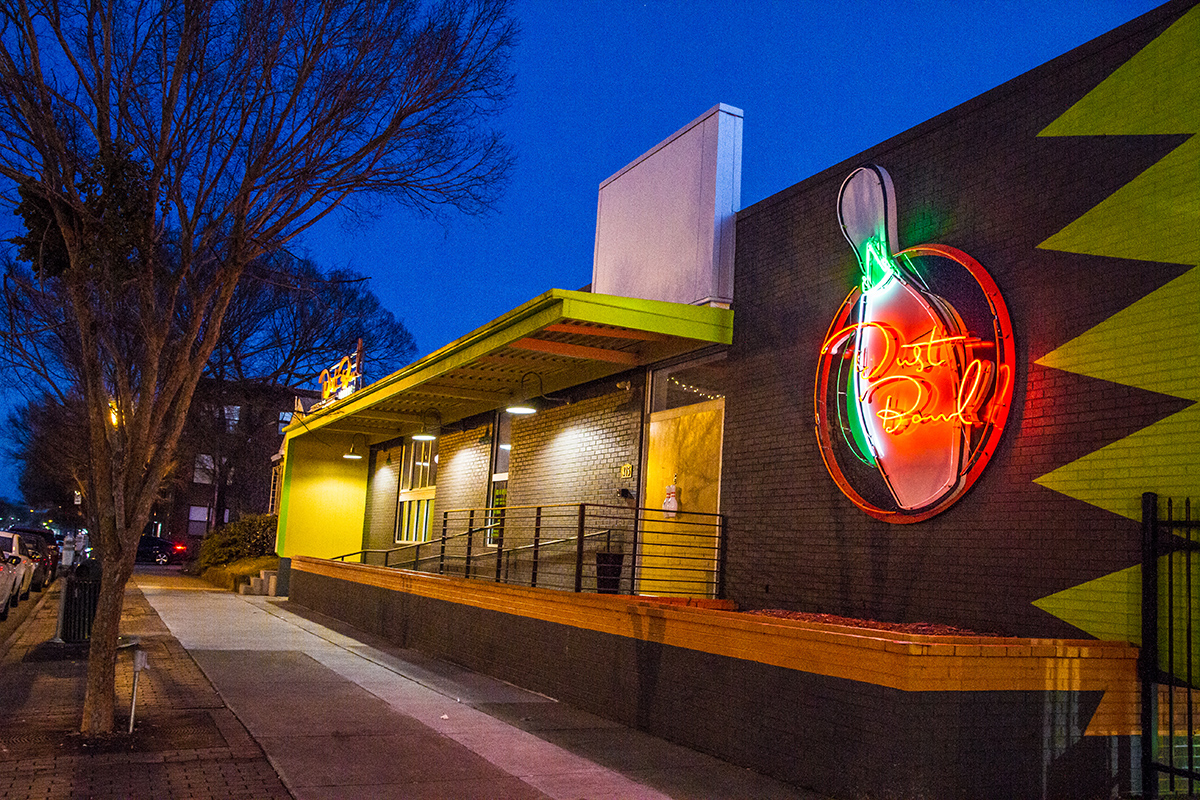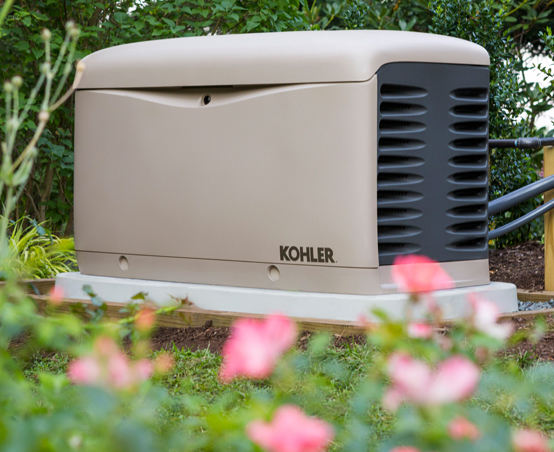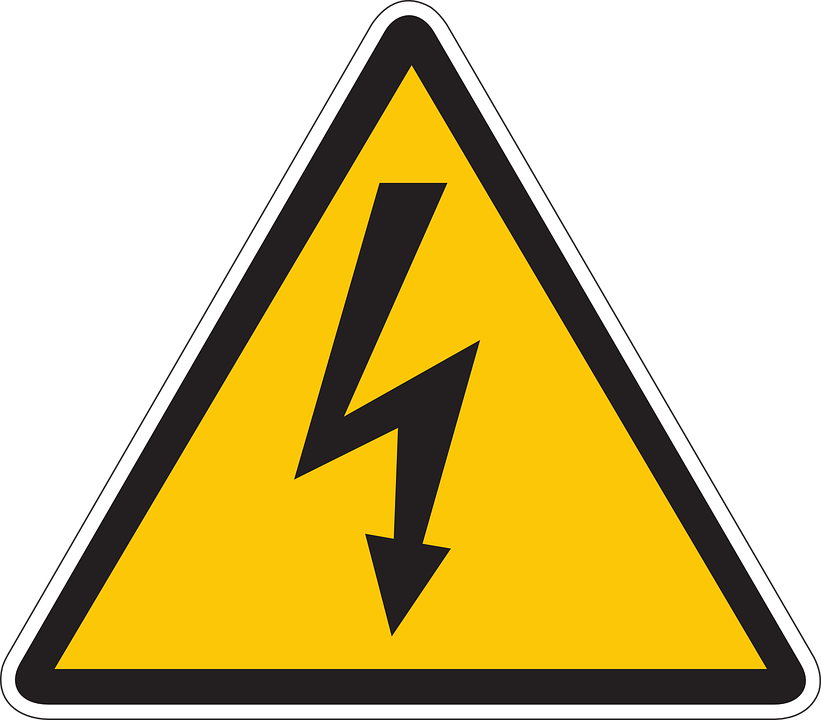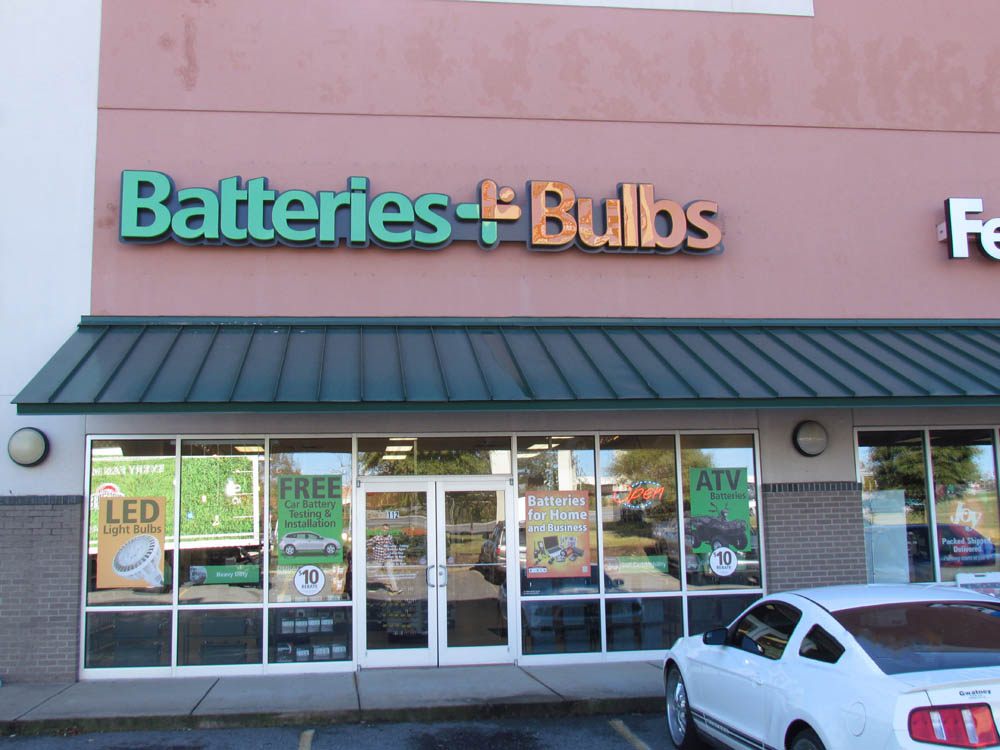Follow These Guidelines and Make DIY Safety a Priority

As a homeowner, a little technical know-how goes a long way. Some people are handier than others, but there are some common household repairs that you can learn how to do on your own. No matter what kind of repair work that you’re doing, you should always make safety your first priority! Don’t get in over your head, and don’t be too proud to ask for professional advice.
Our team at Gary Houston Electric is a mouse click or phone call away if you ever have any safety questions, but we offer a few basic recommendations that apply to most DIY electrical projects:
Install GFCI outlets anywhere that there’s water-Most newer homes come equipped with Ground Fault Circuit Interrupter (GFCI) outlets in their kitchens, bathrooms, and outdoors, but if you live in an older home, you should upgrade as soon as possible. They’re relatively inexpensive, and installation takes the same amount of time as a regular outlet. The way that GFCIs work is simple: if it detects a current loss between the hot and neutral wires because part of the current has been diverted through another route, such as a person, the built in circuit breaker is designed to trip and stop the current flow. Any outlet that’s near a water source should be equipped with GFCIs.
Don’t overload outlets-One of the best ways to prevent electrical fires is to make sure you’re not overloading your outlets. When it comes to the electrical problems that are common in older homes, one of the most common problems is lower amperage outlets that weren’t designed for modern appliances; using splitters and power strips can compound the problem. The good news is that most electronic devices use a relatively low amount of wattage, but you should never plug in a space heater or vacuum cleaner into a power strip.
Know your limitations-Most homeowners know what they can do themselves, and what they can’t, and there’s nothing to be ashamed of by admitting that for some jobs, you need to call an electrician. Fixing a botched DIY project typically costs you much more money than you save by attempting difficult repairs on your own.
If you have any questions, or would like to schedule a service call, contact us online, or at 501-375-8330.





